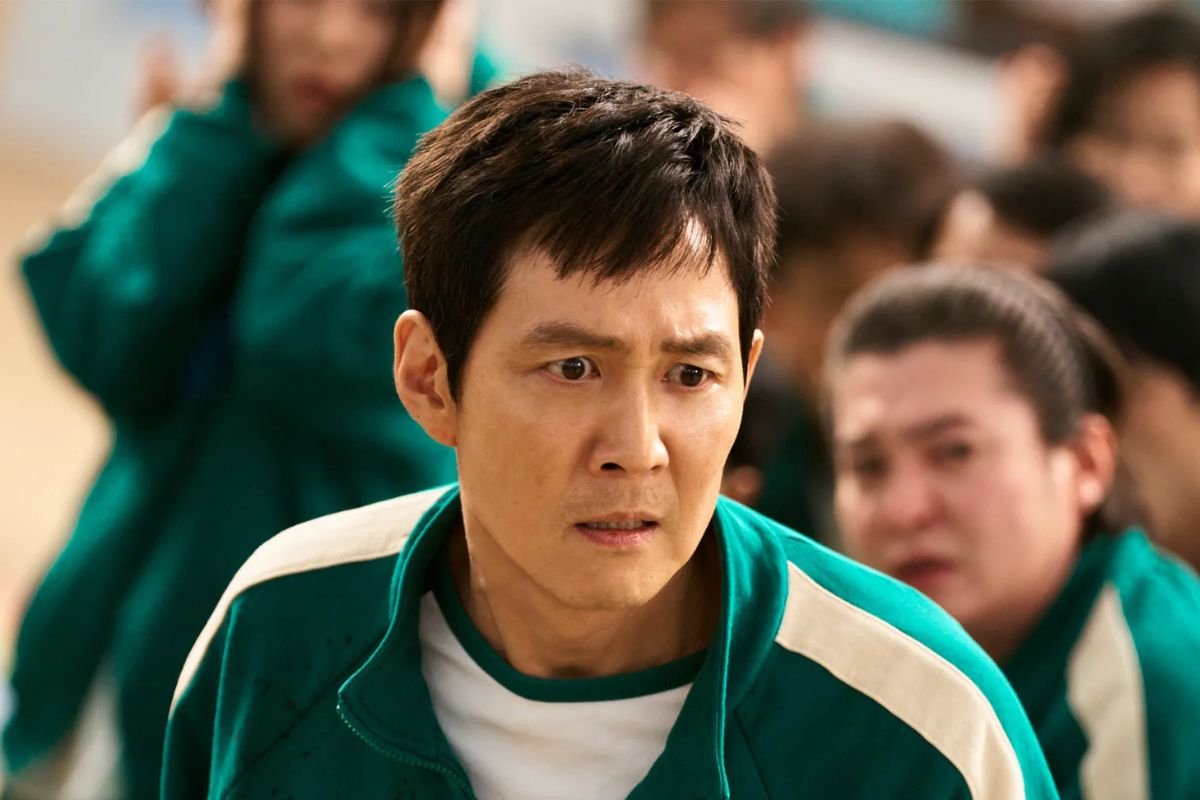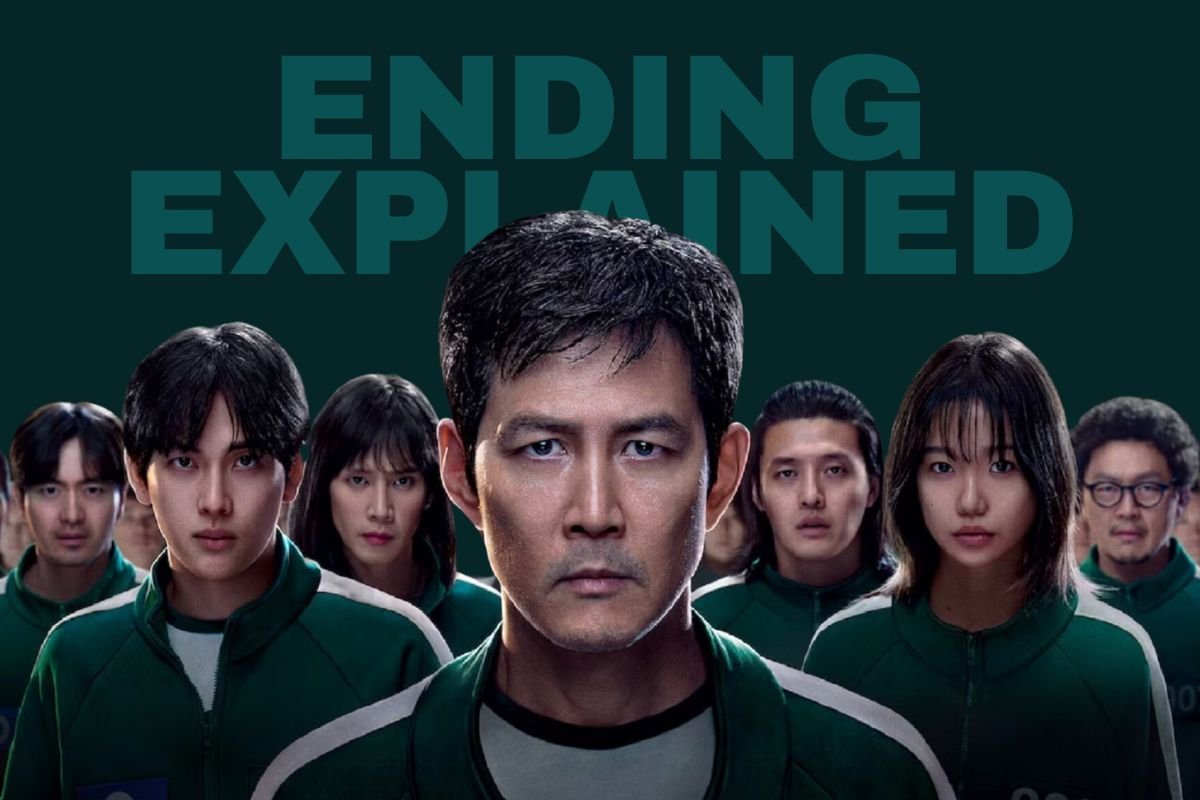The heartbreaking climax of Squid Game Season 2 left audiences reeling. Gi-hun, the reluctant hero navigating the harrowing depths of the game, faced a catastrophic defeat that plunged him deeper into despair. The season’s finale brought an emotional storm of rebellion, betrayal, and unexpected loss, extinguishing Gi-hun’s fragile hope for redemption.
A Rebellion Born of Despair
Desperation fueled Gi-hun and his allies as they orchestrated a daring rebellion to escape the Squid Game. Using the chaos of the guards’ “special night”—a sanctioned period of player-on-player violence—they launched their counterattack. Gi-hun’s strategy involved lying low during the initial frenzy, only to strike back at the guards when their defenses were down.
Initially, their plan seemed promising. They caught the guards off-guard and secured a few crucial victories. However, the rebellion was doomed from the start. In-ho, the enigmatic Player 001, revealed himself as the Front Man—the mastermind controlling the game. Disguised as “Young-il,” In-ho had infiltrated Gi-hun’s circle, manipulating him and the others to secure his dominance. His betrayal shattered any illusions of trust, driving home the cruel reality of the game: in this arena, trust was a fleeting and dangerous luxury.
A Heartbreaking Demise and the Weight of Loss
The rebellion’s failure marked yet another devastating blow for Gi-hun. Already reeling from the loss of his mother and his friend Sang-woo, Gi-hun was dealt another emotional gut punch with the death of Jung-bae, one of his last remaining allies. The cumulative weight of these losses left Gi-hun utterly broken, drowning in despair.
The finale’s poignant question lingered: could Gi-hun, stripped of hope and burdened by profound grief, find the strength to rise again? Or would he succumb to the darkness that now engulfed him?

The Front Man’s Ideology
The tension between Gi-hun and In-ho extended beyond mere survival. It represented a fundamental clash of ideologies. Gi-hun, despite his many flaws, held onto a flicker of hope for humanity. He believed in the possibility of redemption and the idea that even in the direst circumstances, people could choose kindness.
In-ho, on the other hand, embodied a nihilistic worldview. Disillusioned by the cruelty of the world, he saw suffering as inevitable and the Squid Game as a reflection of life’s brutal truths. Through his twisted perspective, the game offered a means of exposing humanity’s darkest instincts while enforcing the survival of the fittest. This ideological battle underscored the show’s exploration of human nature, morality, and resilience.
What Lies Ahead for Squid Game and Its Franchise?
The Season 2 finale left fans with numerous burning questions. Will Gi-hun, broken and grief-stricken, find the will to continue fighting? How will his losses shape his future decisions? What impact will In-ho’s betrayal have on Gi-hun’s already fragile trust in humanity?
The mid-credits scene teased a new, more technologically advanced iteration of the Squid Game. This revelation hints at an even more sinister evolution of the game’s structure. What challenges and surprises await in this upgraded version? Could new puzzles and adversaries make the next chapter even more harrowing?
Additionally, the show leaves room to explore other facets of the Squid Game world. Could there be new players, fresh alliances, or perhaps even a reckoning for those orchestrating the deadly spectacle? Fans are left speculating about the potential for redemption, justice, or even revenge as the franchise moves forward.
Conclusion
The ending of Squid Game Season 2 serves as a stark reminder of the fragility of hope in the face of overwhelming despair. It delves into the darkest corners of human nature, forcing viewers to grapple with questions about trust, survival, and morality. Yet, amid the heartbreak, there remains a glimmer of resilience—a testament to the human spirit’s enduring capacity to rise from the ashes of tragedy.
Gi-hun’s journey in Season 2 was one of relentless pain and loss. His rebellion, born from a desperate hope to escape, collapsed under the weight of betrayal and cruelty. The death of Jung-bae felt like the final fracture, leaving Gi-hun adrift in a sea of sorrow. Despite this, the narrative offered a subtle reminder that even in the worst of times, the threads of human connection—no matter how fragile—can offer a faint light in the darkness.
As fans eagerly await the next installment, the lingering questions and unresolved tensions ensure that the world of Squid Game will continue to captivate and challenge its audience. The series remains a haunting exploration of human resilience and the choices we make in the most desperate of circumstances.

